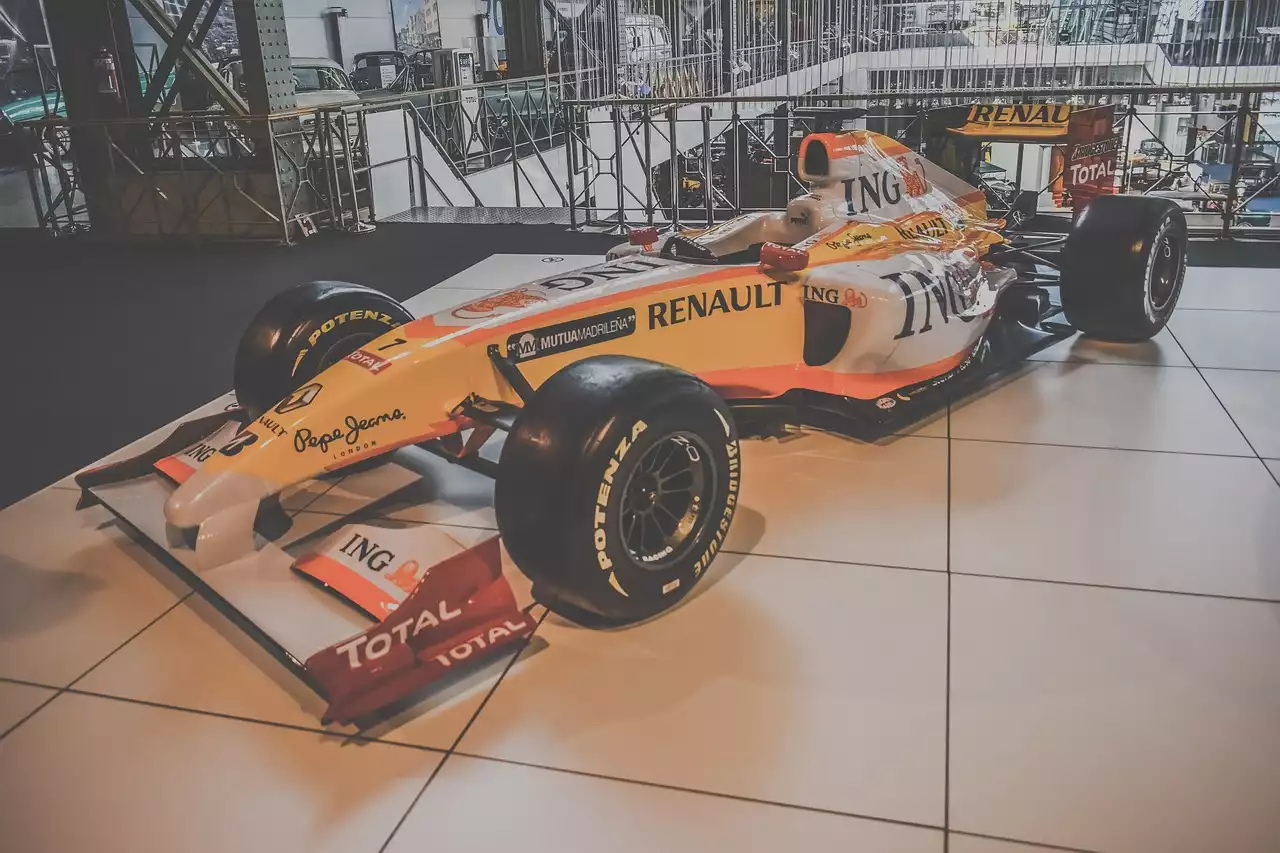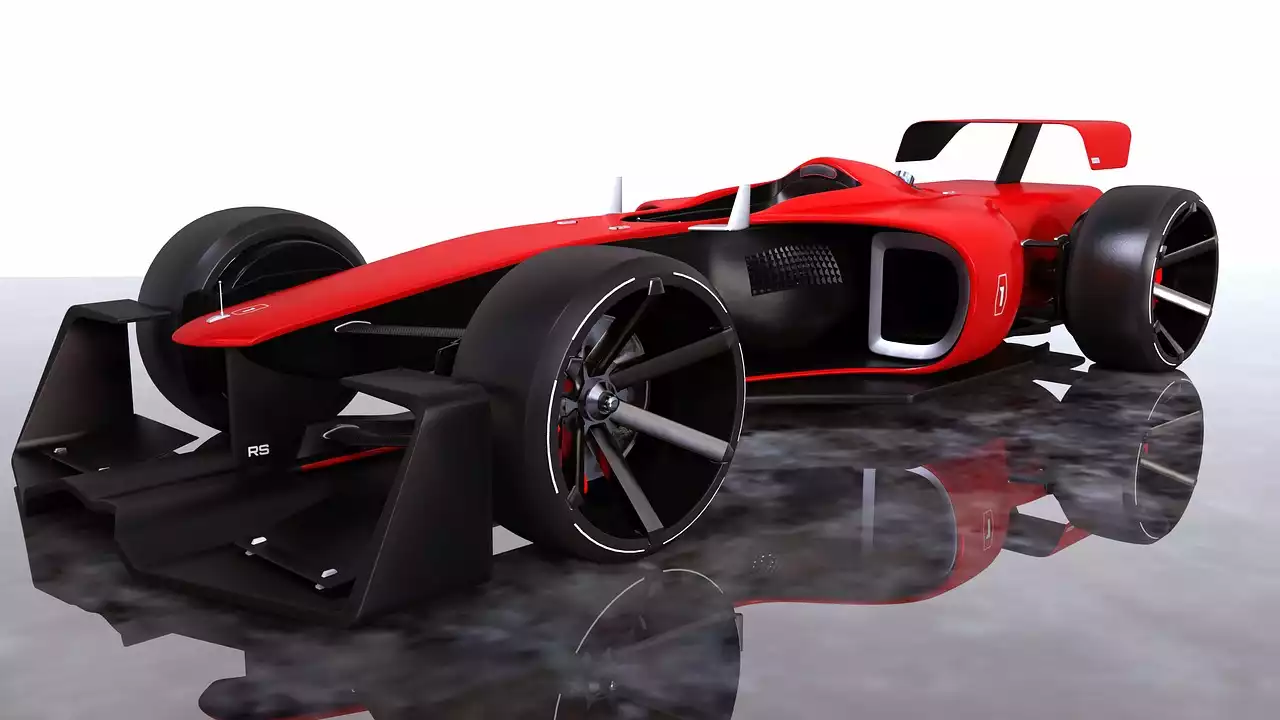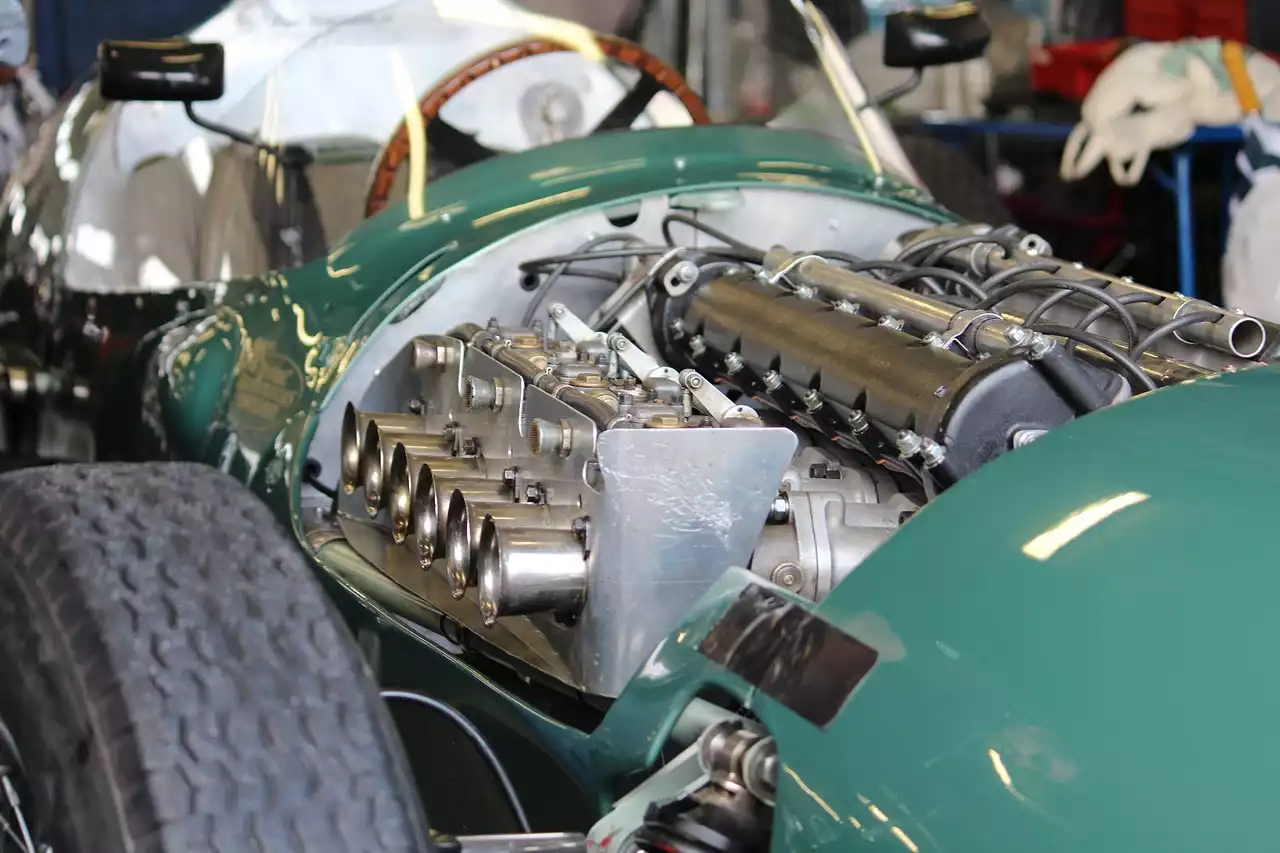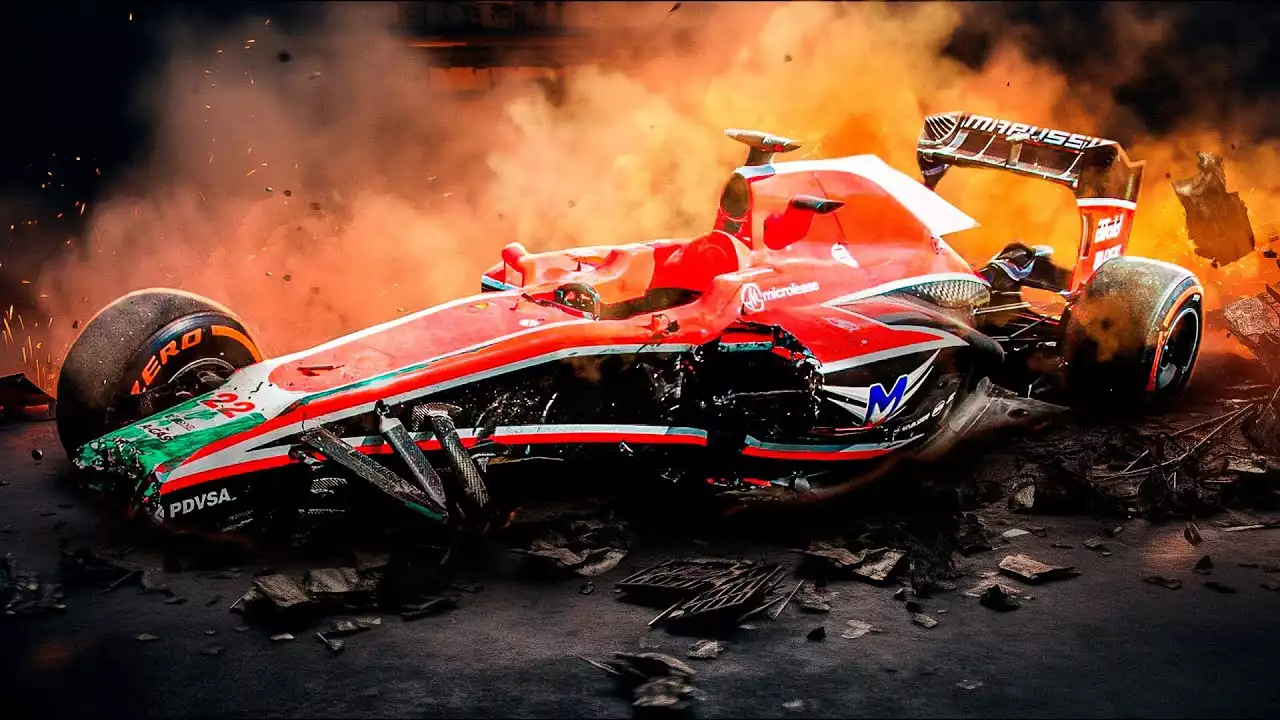Early History of F1 World Championship
The F1 World Championship was created by the governing body of motorsport, the Fédération Internationale de l'Automobile (FIA), in 1946. The championship was designed to be the ultimate test of skill and endurance for both drivers and their cars. The first championship race was held at Silverstone in 1950 and was won by the Italian driver, Giuseppe Farina, driving for the Alfa Romeo team.
Over the years, the F1 World Championship has evolved, with changes to the rules, regulations, and technology used in the sport. The championship has also expanded to include races in different parts of the world, making it a truly global event. Today, the championship consists of 23 races held in countries all over the world, from Australia to Abu Dhabi.
However, despite the changes, the basic principles of the championship remain the same. It is still the ultimate test of skill and endurance, with drivers and teams competing to be crowned the F1 World Champion.
Key Moments in F1 World Championship History
The F1 World Championship has seen many iconic moments over the years. From the dominance of Juan Manuel Fangio in the 1950s to the fierce rivalry between Ayrton Senna and Alain Prost in the 1980s and 90s, the championship has produced some of the greatest moments in motorsport history.
One of the most iconic moments in F1 World Championship history came in 1976, when James Hunt and Niki Lauda battled for the championship. Lauda was leading the championship going into the final race of the season, but a crash during the race left him badly burned and unable to continue. Hunt went on to win the race and the championship, by just one point.
Another iconic moment came in 1988, when Ayrton Senna won his first championship. Senna had dominated the season, winning eight races, and was crowned champion with two races still to go. The Brazilian driver went on to win two more championships in his career, cementing his place as one of the greatest drivers in F1 World Championship history.
The Evolution of F1 Cars
The F1 World Championship has also seen significant changes in the technology used in the sport. F1 cars have evolved from the simple machines of the 1950s to the high-tech, aerodynamic monsters of today.
One of the biggest changes to F1 cars came in the 1960s, with the introduction of wings. These wings, which were mounted on the front and rear of the car, increased downforce and improved the car's cornering ability. The introduction of wings marked the beginning of the aerodynamic era in F1 World Championship history.
Since then, F1 cars have continued to evolve, with improvements in engine technology, aerodynamics, and safety. Today's F1 cars are the most advanced racing machines in the world, capable of reaching speeds of over 220mph.
Famous Drivers and Teams in F1 World Championship History
The F1 World Championship has seen many great drivers and teams over the years. From the legendary Juan Manuel Fangio in the 1950s to the dominant Mercedes team of recent years, the championship has produced some of the greatest drivers and teams in motorsport history.
One of the most successful drivers in F1 World Championship history is Michael Schumacher. The German driver won seven championships in his career, five of which were won in a row between 2000 and 2004. Schumacher was known for his relentless pursuit of perfection and his ability to push both himself and his car to the limit.
Another legendary driver is Ayrton Senna. The Brazilian driver won three championships in his career and was known for his extraordinary talent and aggressive driving style. Senna was tragically killed during the 1994 San Marino Grand Prix, but his legacy lives on in the sport.
The Impact of Technology on F1 World Championship
Technology has had a significant impact on the F1 World Championship over the years. From the introduction of wings in the 1960s to the use of hybrid engines today, technology has played a crucial role in the evolution of the sport.
One of the biggest technological advancements in F1 World Championship history came in the 1980s, with the introduction of computer-aided design (CAD) technology. This technology allowed teams to design and test their cars in a virtual environment, improving their aerodynamics and overall performance.
Today, the use of hybrid engines has become a key feature of the sport. These engines combine traditional combustion engines with electric motors, reducing emissions and improving fuel efficiency. The use of hybrid engines is just one example of how F1 World Championship teams are using technology to stay ahead of the competition.
The Future of F1 World Championship
The F1 World Championship is constantly evolving, and the future of the sport looks bright. The championship has plans to introduce new races in the coming years, including a race in Miami and a return to the Netherlands. The championship is also exploring new technologies, such as autonomous vehicles and electric engines, which could shape the future of the sport.
However, the future of the F1 World Championship will also be shaped by the ongoing debate around sustainability and the environment. The championship has already taken steps to reduce its carbon footprint, but there is still much more to be done. The future of the sport will depend on its ability to balance the need for speed and excitement with the need for sustainability and responsibility.
F1 World Championship Trivia and Facts
- The youngest driver to win the F1 World Championship is Sebastian Vettel, who was just 23 years old when he won his first championship in 2010.
- The oldest driver to win the F1 World Championship is Juan Manuel Fangio, who was 46 years old when he won his fifth championship in 1957.
- The most successful team in F1 World Championship history is Ferrari, with 16 constructors' championships and 15 drivers' championships.
- The longest winning streak in F1 World Championship history is nine races, a record set by Sebastian Vettel in 2013.
- The fastest lap ever recorded in an F1 World Championship race was set by Juan Pablo Montoya at the Italian Grand Prix in 2004, with a time of 1 minute 19.525 seconds.
F1 World Championship Records
- Most championships won by a driver: 7, Michael Schumacher
- Most championships won by a team: 16, Ferrari - Most race wins by a driver: 91, Michael Schumacher
- Most pole positions by a driver: 101, Lewis Hamilton - Most podium finishes by a driver: 178, Lewis Hamilton









.png?size=50)
